Do you ever feel like your business has too many accounts to manage?
It is easy to get overwhelmed by all the financial details involved in running a business. The good news is that there are accounting software out there that can help you simplify the process of tracking your company’s money.
However, choosing the right system—whether a standard accounting tool or an ERP solution—can be challenging. This is where working with a specialist accountant for technology businesses can provide the right guidance, ensuring your financial setup aligns with your business goals.
However, standard accounting software was not designed to integrate with other systems. It’s more limited in its functionality compared to ERP software. Some of the limitations of standard accounting software include: standard accounting software is simpler, and it’s often cheaper than the cost of ERP software.
There are two main types of business accounting software: ERP and standard (or normal) accounting software. Both have pros and cons, so it’s important to understand the differences between these two systems before choosing one for your business.
Read on to learn more about both ERP and dekstop accounting, their advantages and disadvantages, and which one might be best suited to meet your needs as an entrepreneur.
What is ERP Accounting?
ERP stands for “enterprise resource planning”. If you’re a business owner, you may have heard people talk about ERP software before.
ERP accounting software is a system that allows you to manage many aspects of your business from one central hub. It is meant to help companies manage their operations more effectively by combining different business functions into one integrated solution.
In other words, it is an accounting system that can manage all aspects of a business, from accounting and inventory management to customer relations and sales. ERP solution is often used by larger organizations, but it can be helpful for small businesses as well.
Some of the most common uses for ERP accounting software include: - Accounting: Managing all aspects of your finances, from tracking your expenses and revenue to taxes and payroll.
• Inventory: Managing your inventory to make sure you have the right amount of products on hand to meet customer demand.
• Human Resources: Managing your personnel, including onboarding new employees, issuing paychecks and benefits, and more.
• Marketing: Managing your marketing efforts, including sales, lead management & tracking, and customer relationships
• Customer Relationship Management (CRM): Managing your customer relationships, including tracking sales, customer complaints, and more.
• Project Management: Managing your projects, including tracking time, budgets, and other key metrics.
What is Standard Accounting?
Standard accounting software refers to a computer program that simplifies the process of recording and analyzing financial transactions. It allows business owners to record financial transactions and track the balance of their accounts.
This type of software is designed to meet the needs of smaller organizations with less complicated accounting needs. Due to its simplicity, it is often cheaper than ERP software. Standard accounting software is designed to handle the day-to-day accounting tasks that all businesses need to do, like recording revenue, calculating expenses, and generating reports.
It allows you to track the money coming into your business and the money going out. You can use this information to inform decisions like setting prices, managing inventory, and paying your bills on time.
The Differences Between ERP and Standard Accounting
There are a few notable differences between ERP and standard accounting software. The most obvious difference is that ERP software integrates with other business functions, like inventory management, marketing, and CRM software.
However, standard accounting software was not designed to integrate with other systems. It’s more limited in its functionality compared to ERP software. Some of the limitations of standard accounting software include: standard accounting software is simpler, and it often reduces the cost of ERP software.
It also requires less time to set up and learn compared to ERP software. Standard accounting software does have its advantages, but it also has its limitations that are worth considering before choosing this type of software for your business.
Accounting
Accounting software is designed to help you manage your money, assets, and liabilities. It can simplify the process of recording transactions, calculating balances, and generating reports.
Most businesses use traditional accounting software to track their income and expenses, but some companies use ERP accounting software to manage everything from customer relations to project management. Like any software, accounting software can come with a variety of features and functionality.
So, it’s important to select the right ERP one for your business needs. When choosing accounting software, there are a few things to consider, including: - What are the system requirements for your business? For example, does your computer have enough memory and processing power to run the software? - What are your software budget and financial needs? Do you need customer relationship management (CRM) software? - How much time and effort will it take to implement and train your team?
When to use ERP and when to use standard accounting?
If you’re trying to decide between using ERP and standard accounting software in your business, there are a few things you should consider.
- You might want to consider your organization’s size, financial needs, and resources. Standard accounting software might be the right choice if your organization has less complicated accounting needs.
- You might want to manage your company’s finances and inventory but not have the resources to set up a more advanced ERP system.
- However, ERP accounting software is a more robust system that can manage a variety of business functions. It is designed for larger organizations with complicated accounting needs, like inventory management or project management.
Therefore, if you run a larger operation and have complex accounting needs, it might be worth investing in an ERP system to make it easier to manage everything from one central hub.
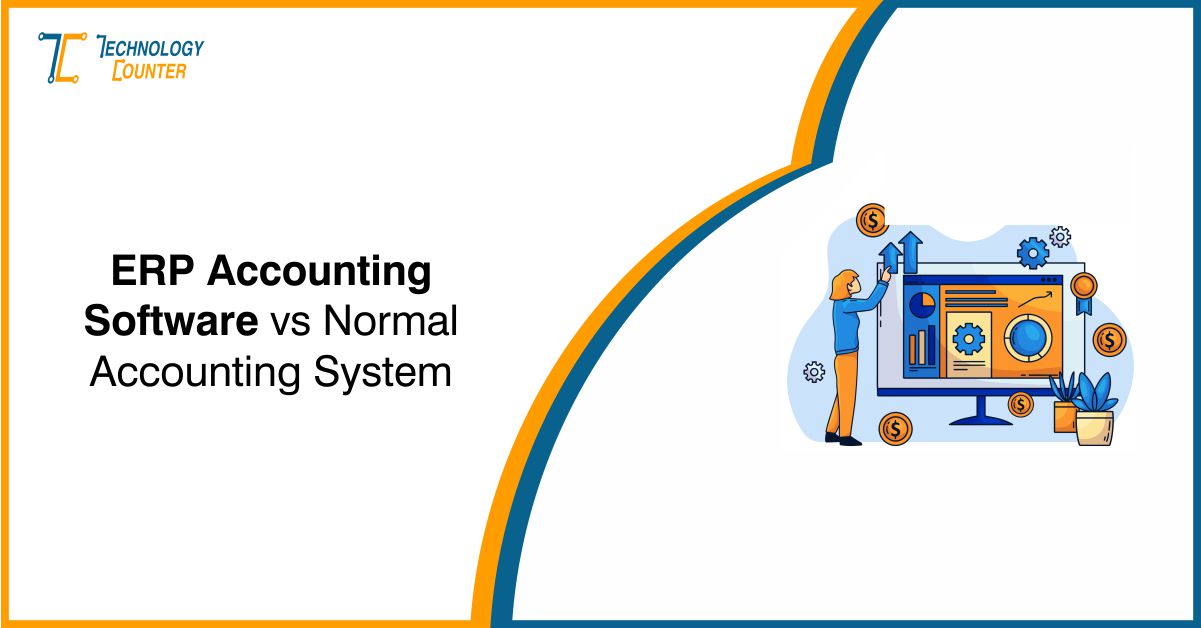

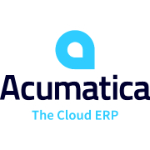
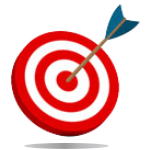
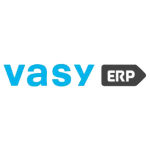
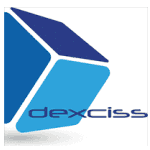

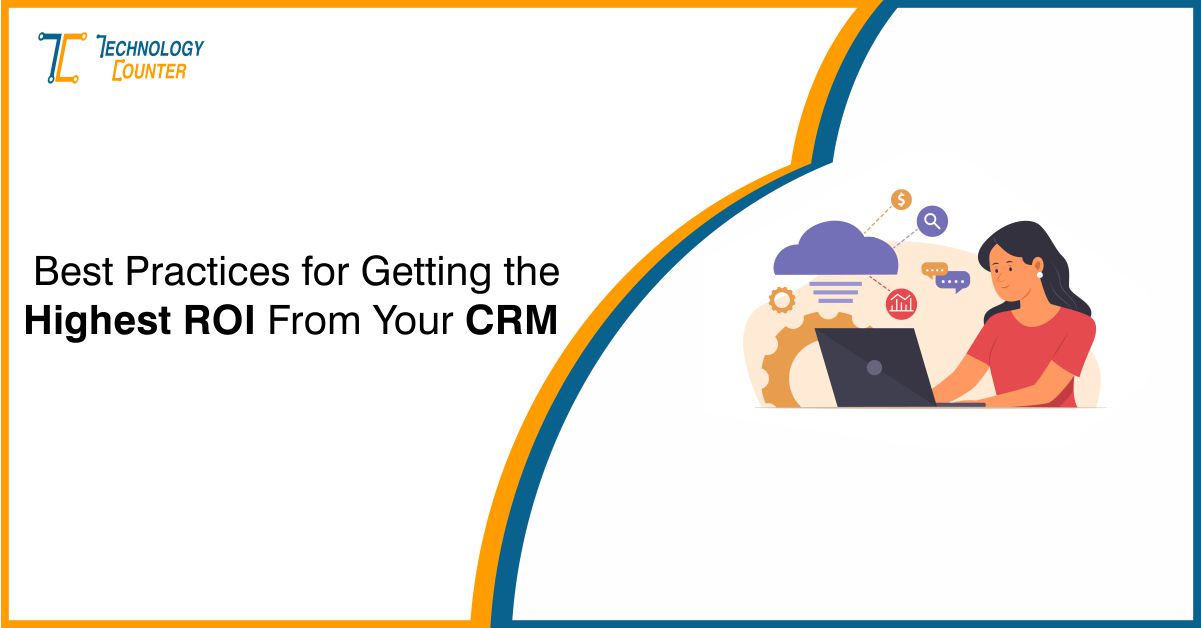
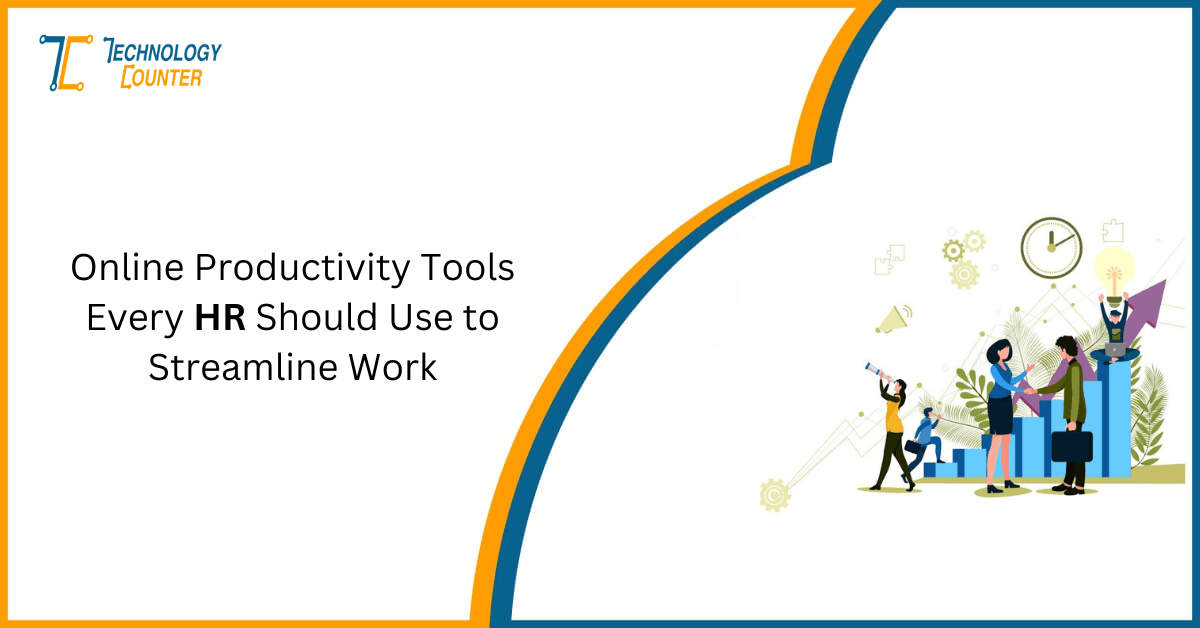
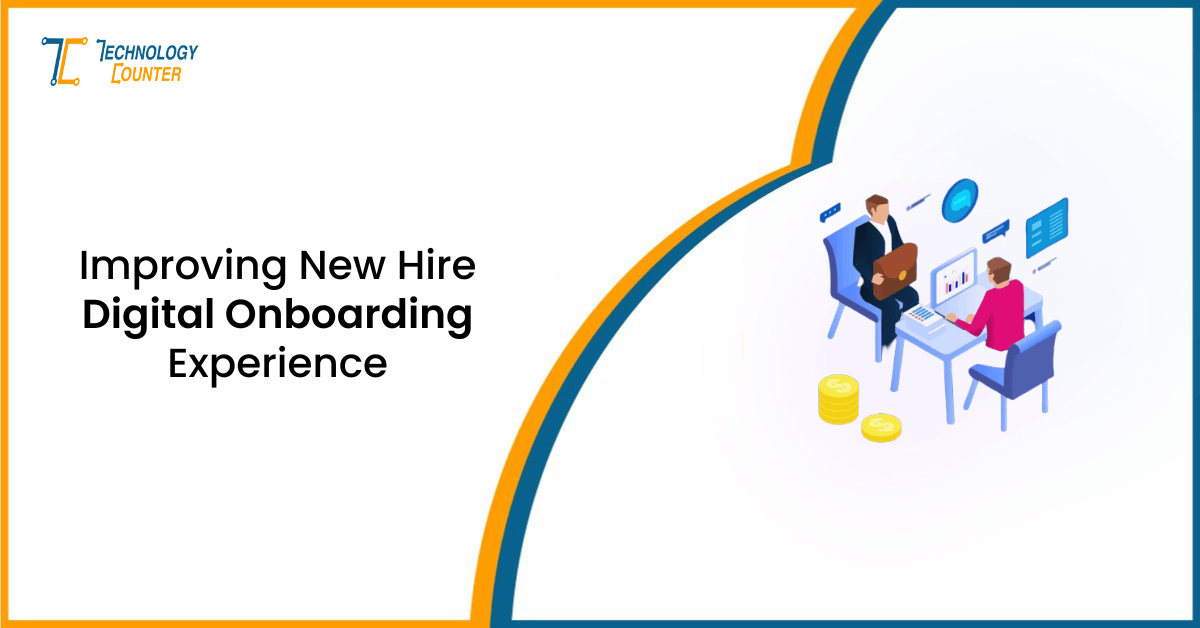
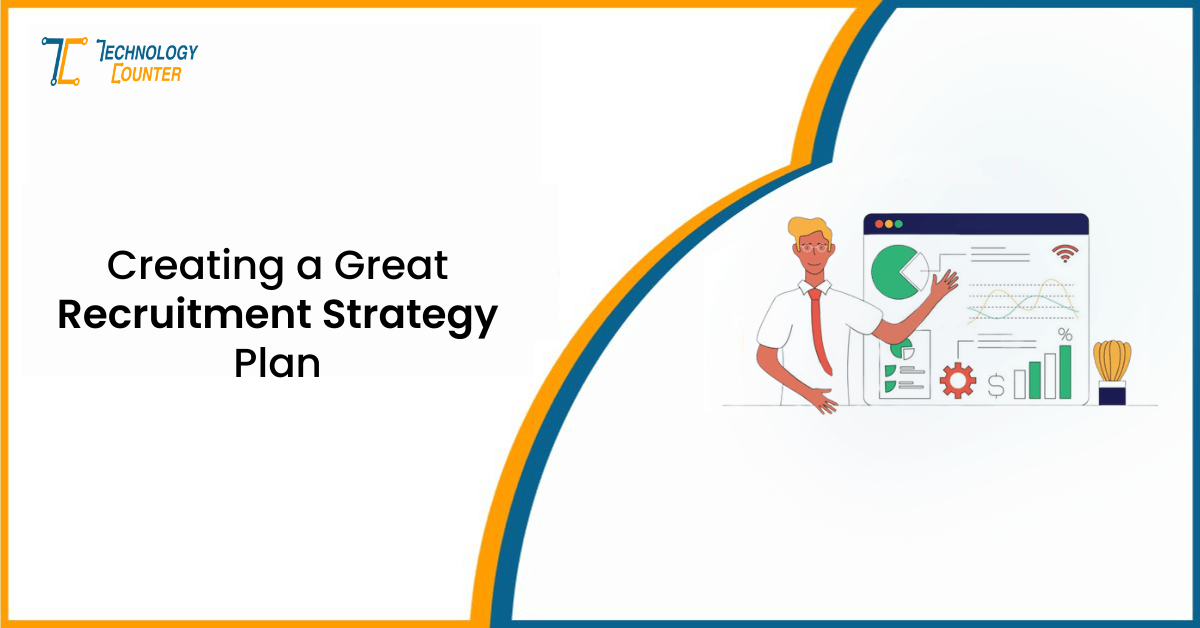
Post your comment